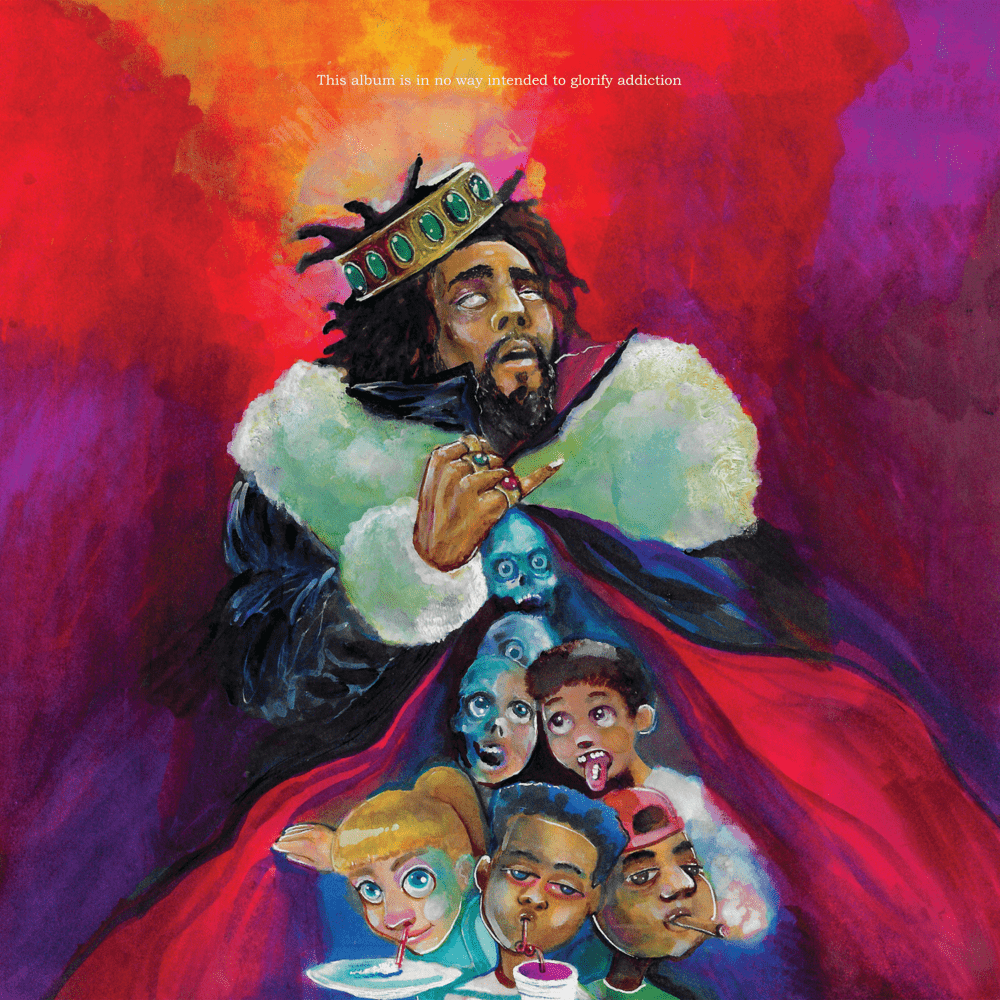
In the ever-evolving landscape of hip-hop, a phenomenon reverberates with unwavering resonance – “The 1985 Effect.” This term is harvested from the seeds of J. Cole’s candid song “1985 (Intro to ‘The Fall Off’),” where wisdom intertwines with rhythm, creating a narrative that pierces the fabric of contemporary hip-hop culture. The song paints an authentic picture, unmasking the realities behind the fleeting spectacles of fame, the echoing beats, and the tattooed faces that have become the hallmark of a new wave in the genre.
J. Cole’s dialogue with the SoundCloud era speaks volumes about the new brigade of rappers, who have risen to prominence in a digital whirlwind of audacious expression and rebellious antics. Their ascent to the limelight has been fueled not only by the beats and lyrics they produce but also a cocktail of face tattoos (a lot of face tattoos), chaotic lifestyles, and what they proudly dub as “ignorant music.” This raw and unfiltered brand of hip-hop encapsulates a spirit of rebellion, where shock value competes with, and often overshadows, the essence of musical craft.
In the swelling tides of this era, a defiant movement emerged, marked distinctly by the slogan “Fuck J. Cole.” Spearheaded by new-wave artists such as Lil Pump and Smokepurpp, this phrase morphed into a powerful symbol of their resistance against established norms and figures in hip-hop, marking a generational tug-of-war. It epitomized the friction, becoming more than a casual dismissal, transforming into a vibrant signature of rebellion that echoed the tumultuous dynamics between the old guards and the incoming tide of musical mavericks.
The movement was not without its moments of convergence and clarity. A memorable juncture was when J. Cole, embodying the spirit of sagacious guidance, chose the path of dialogue over discord. He sat down with Lil Pump in a conversation marked by the exchange of perspectives, a space where the wisdom of experience met the raw edges of youthful rebellion. It was a meeting ground where the lessons encapsulated in the “1985 Effect” were imparted directly, as J. Cole navigated the paths of understanding and mentorship in the face of dissent.
SoundCloud Rap: The Birth of a Raw Revolution
SoundCloud rap, a raw and rebellious sub-genre, burgeoned from the digital soils of the SoundCloud music platform, cultivating a garden where new-age rappers could sow the seeds of their musical expressions freely and without the conventional constraints of the mainstream music industry. This era heralded an unprecedented wave of creativity, marked by its lo-fi aesthetics, trap-infused beats, and a lyrical tapestry often woven with themes of mental health struggles, drug use, and the unfiltered realities of youth.
Nurtured in the vast, accessible landscapes of SoundCloud, artists such as XXXTentacion, Lil Pump, Smokepurpp, Lil Peep, Trippie Redd, 6ix9ine, and Ski Mask the Slump God became synonymous with this movement. These rappers, emblematic of the genre, used the platform to catapult themselves into the throbbing heart of the music industry, each bringing a unique blend of vulnerability, audacity, and a refusal to conform to the traditional paradigms of hip-hop. SoundCloud became their battleground, a realm where the dynamics of music discovery and fan engagement were redefined, allowing these artists to forge intimate connections with their audience, building robust followings that propelled them into various degrees of mainstream success.
The Meteoric Rise: SoundCloud Rappers and Their Remarkable Influence
The SoundCloud era didn’t just give birth to a new wave of artists; it unleashed a meteoric force that catapulted these musicians into the epicenter of cultural influence and commercial success. Some of the rappers transcended the boundaries of online streaming to redefine the contours of mainstream hip-hop, illustrating the undeniable impact of their artistic presence.
Consider XXXTentacion, whose raw and emotive music resonated deeply with a global audience, leading to staggering streaming numbers and a fanbase that reverberated beyond the digital realms of SoundCloud. His tracks became anthems of a generation navigating through the tumultuous terrains of identity, mental health, and the complexities of existence. In his brief but bright career, XXXTentacion achieved multi-platinum successes, leaving an indelible mark on the musical landscape with his revolutionary blend of hip-hop.
In the continuous celebration of hip-hop’s 50th anniversary, RapCaviar unveils a list that speaks volumes about the influential vibrations of this genre, showcasing Spotify’s most streamed hip-hop albums that have shaped the sonic landscape. At the forefront, creating powerful reverberations, is XXXTentacion’s album “?,” steering the musical voyage with profound impact.
XXXTentacion’s “?” album, an expressive confluence of raw emotion and artistry, was unveiled in March 2018, and tragically, this occurred just three months before he was cruelly murdered at the tender age of 20. His album ascended swiftly to debut at No. 1 on the Billboard 200, propelled by the poignant singles “Moonlight,” “Changes,” and “Sad!” The latter single marked a historical moment, sprinting to the pinnacle of the Billboard Hot 100, and crowning XXXTentacion with the honor of being the first artist to achieve a posthumous No. 1 song as a lead artist since the era of The Notorious B.I.G.’s “Mo Money, Mo Problems” in 1997.
Live Fast, Die Young
This era, tumultuous yet vibrantly expressive, ushered in a cadre of rappers who blazed through life with unbridled intensity, leaving behind legacies that flickered brightly, yet briefly, in the musical cosmos. Figures like Lil Peep, Juice WRLD, and even Pop Smoke, though not strictly tethered to the SoundCloud lineage, embodied this frenzied flame. They navigated through the realms of mainstream success with remarkable speed, only to meet untimely and tragic demises before reaching the tender age of 22.
Their abrupt departures from the world sealed their statuses as legends in the hearts of their followers, casting them as the Biggie and Pac of Generation Z. They became the tragic icons of a new era, their music echoing the vulnerabilities, struggles, and the raw, unfiltered ethos of their times.
In an eerie resonance of life imitating art, Juice WRLD’s song “Legends” stands as a haunting testament to the turbulent waves that have rocked the SoundCloud generation of artists. The song, a tribute, mourns the untimely losses of XXXTentacion and Lil Peep, serving as a raw and powerful expression of grief and the tumult that seemed to characterize the lives of these young stars. Juice WRLD’s lyrics, laced with pain and a profound sense of premonition, echo with the line, “What’s the 27 Club? We ain’t making it past 21.”

This lyrical prophecy manifested tragically in Juice WRLD’s own life, who, like the friends and fellow artists he mourned, met an untimely demise a few days after his 21st birthday. The lyrics reverberate as a chilling foreshadowing, marking “Legends” as a somber anthem that encapsulates the vulnerability, the fleeting nature of life, and the profound losses that have marked this era of hip-hop. The song, and Juice WRLD’s own fate, embody the poignant realities faced by these artists, who, despite their blazing trails and profound impacts, were caught in the relentless currents of tragedy, leaving behind legacies of unfulfilled promise and echoing silence in the wake of their absence.
Contrastingly, there exists another spectrum of artists from this period who, despite evading the claws of such harsh fates, found themselves ensnared in a different kind of struggle. Far from the eternal glow of legendary status, these artists grappled with the fleeting nature of their initial success. J. Cole, in his poignant “1985,” prophesized this challenging trajectory, suggesting the ephemeral nature of fame attained through transient antics and the turbulent lifestyles that seemed almost synonymous with the SoundCloud era’s brand of hip-hop. He underscored the notion that the chaotic allure often associated with rapid success might prove to be a stumbling block in the sustainability of an artist’s influence and relevance in the ever-evolving musical landscape.
The Curse of Fame
The meteoric rise of many SoundCloud rappers also brought with it a tumultuous whirlwind of challenges, often magnified by youth and the abrupt transition to wealth and adoration. A considerable faction within this musical uprising was frequently portrayed, and at times, glorified as embodiments of a drug-addled existence. Thrust into the realm of affluence and spotlight, often in their formative teenage years, these artists found themselves navigating a landscape replete with temptations and devoid of the ordinary checks and balances of adolescent life.
Their newfound statuses as overnight millionaires were not just financial boons but also powerful enablers, fostering environments where excesses could flourish unchecked. A sense of invincibility seemed to shroud them, amplified by the adulation of fans who often remained steadfast and unswerving in their loyalty, regardless of the artists’ personal tribulations or lifestyle choices. Such unfettered admiration and the lack of consequence seemed to forge a path where the urgency and discipline of work ethics were eclipsed by the allure of indulgence and the numbing embrace of substance use.
The overarching narrative seemed one where the conventional boundaries were blurred, and the realms of artistry and personal lives intermingled, fostering a space where vulnerability to excesses and the turbulence of unchecked freedoms became pronounced elements of their journeys. The aura of invincibility and the lack of substantive deterrents seemingly contributed to an erosion of discipline and a susceptibility to the destructive allure of drugs, casting shadows on the luminous potentials that many of these artists embodied.
A Tale of Faded Virality
Certainly, the trajectory of SoundCloud rappers, in its vibrant chaos, has revealed a compelling narrative of meteoric rises and the nuanced battles with artistic sustainability. A faction within this musical realm, encompassing artists like Lil Xan, Smokepurpp, Famous Dex, and Lil Pump, has seemingly grappled with maintaining a steady artistic output and relevance. This struggle finds its roots in various facets, including a dwindling work ethic and the challenges poised by the ever-evolving landscapes of cultural and musical tastes.
The initial allure of these artists, characterized by raw energy and a defiance of conventional norms, gradually faced the tests of time and adaptability. Their artistic personas, once novel and magnetic, began to wane in the face of changing cultural appetites and a perceived stagnation in creative evolution.
However, adaptation and reinvention have marked the journeys of some within this turbulent domain. An exemplar of this resilience is Lil Yachty, who, beyond his musical reinventions, has fostered significant industry relationships, notably becoming a close associate of influential figures like Drake. His pathway illustrates a facet of survival and relevance, navigated through adaptability and strategic alignments within the broader landscapes of hip-hop artistry.
The 1985 Effect Across Decades
The annals of music history reverberate with tales of meteoric ascents followed by precipitous falls, stories that transcend genres and decades, often shadowed by the specter of substance abuse and personal tumult.
In the efflorescent 60s, a multitude of stars burned brilliantly but briefly. The psychedelic virtuoso Jimi Hendrix, the impassioned Janis Joplin, and The Doors’ enigmatic frontman Jim Morrison—all legends entangled in a fatal embrace with drugs, leaving the world with echoes of might-have-been masterpieces.
The 70s carried the disco and rock opera’s exuberance, but also bore witness to tragic tales. Icons like Sid Vicious of the Sex Pistols and Keith Moon of The Who became synonymous with the decade’s potent mix of musical innovation and self-destructive tendencies.
Navigating to the neon-touched realms of the 80s, the legacy of talented artists like Whitney Houston started being overshadowed by struggles with addiction, affecting both their personal lives and creative output.
And as the 90s ushered in the grunge revolution and the vibrant variance of hip-hop, it also saw the loss of remarkable talents like Nirvana’s Kurt Cobain and Blind Melon’s Shannon Hoon, artists whose creative genius was ultimately overshadowed by their battles with drugs and mental health.
This canvas of history, rich with extraordinary talent, is also tinged with the shadows of loss and the enduring question of ‘what if,’ underscoring the vulnerabilities that often accompany artistic brilliance.
The Consuming Flame of Fame
The universal music narrative seems eternally embroidered with stories of brilliant luminaries who, despite their dazzling ascents and indelible impacts, faced downfalls precipitated by external pressures, substance abuse, and the harsh glare of transient fame. It’s a timeless tale that J. Cole’s “1985” underscores with poignant relevance to the SoundCloud rap generation.
Drawing parallels across decades, the ‘1985 effect’ seems to reverberate with the echoes of fallen stars from the psychedelic 60s to the disruptive 90s and now, resounding in the chaotic theater of modern hip-hop. The likes of Hendrix, Joplin, and Morrison in the 60s; Vicious and Moon in the 70s; Houston in the 80s; and Cobain and Hoon in the 90s, illuminate the landscape of talent touched by tragedy. Fast-forward to today’s SoundCloud era, a similar pattern unfolds, with rapid success, youthful invincibility, and subsequent vulnerabilities manifesting in artists like Lil Peep, XXXTentacion, and Juice WRLD.
J. Cole’s “1985” serves as a cautionary tale echoing through time, a reflection on the cyclical nature of music’s highs and lows. His lyrics embody a message underscored by histories of transient glories and the shadows of downfall, urging the new generation to navigate the tumultuous terrains of fame with wisdom and a sense of longevity. The song emerges not merely as a critique but as a reflection of the perennial challenges that artists, particularly in the rap genre, have faced across eras. It carries a universal message, speaking to the volatilities of success and the crucial essence of authenticity and resilience in the realms of artistic expression.
I know you think this type of revenue is never endin’
– J. Cole’s 1985 – Intro to “The Fall Off”
But I wanna take a minute just to tell you that ain’t true
One day, them kids that’s listening gon’ grow up
And get too old for that shit that made you blow up













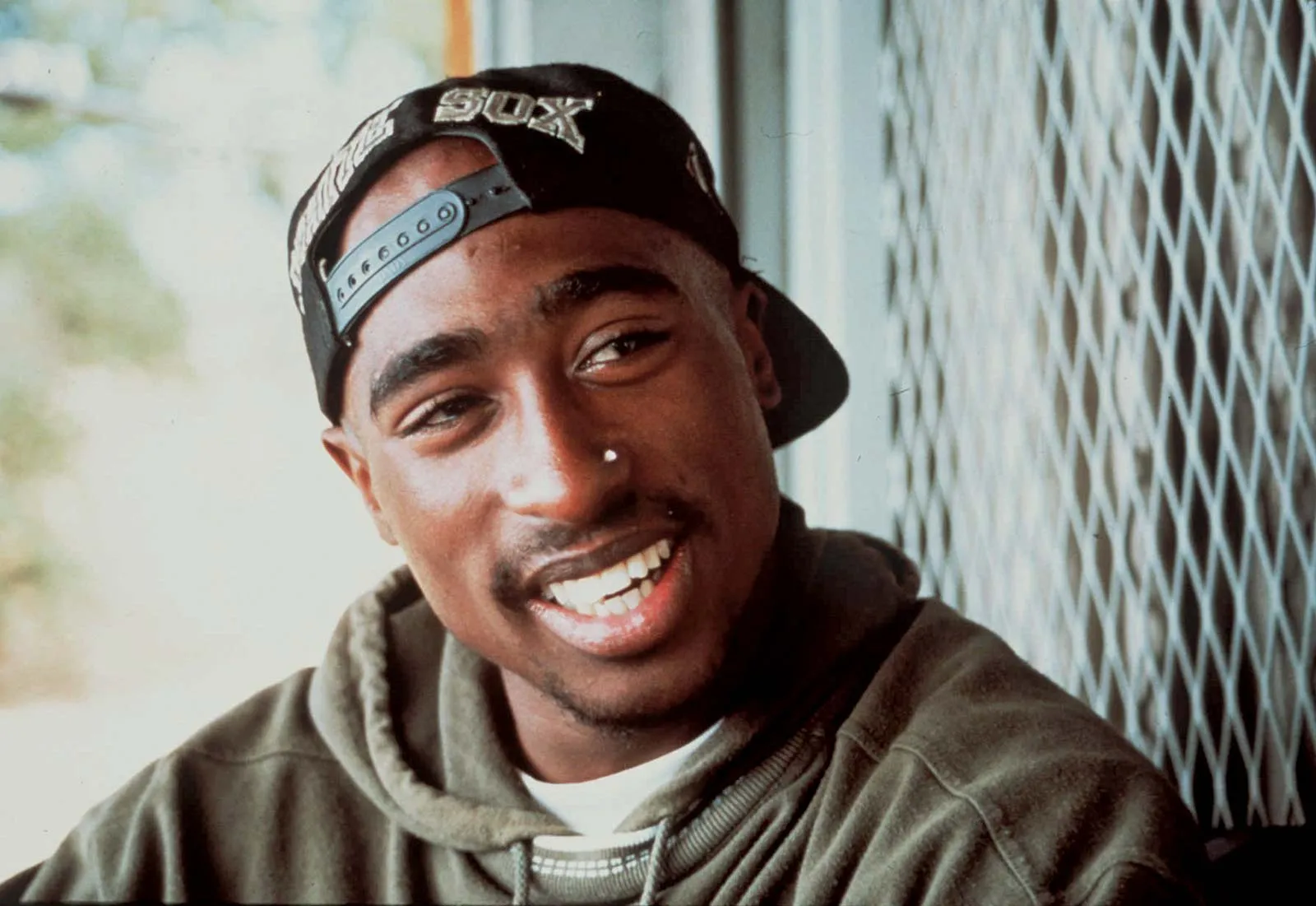



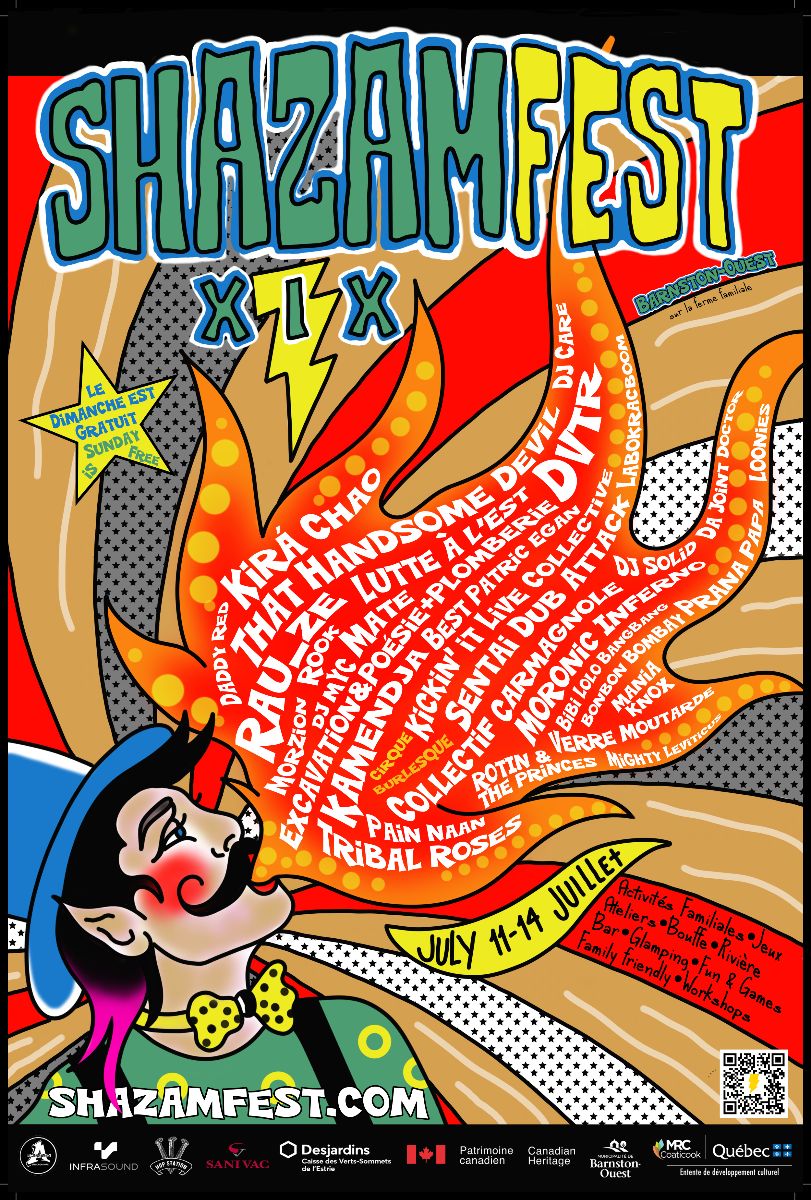





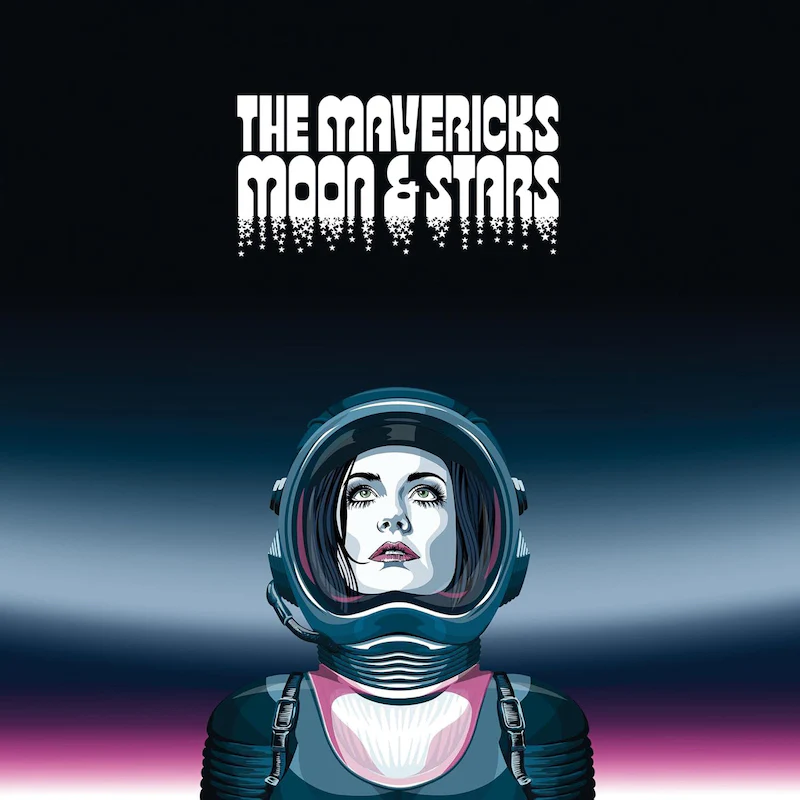


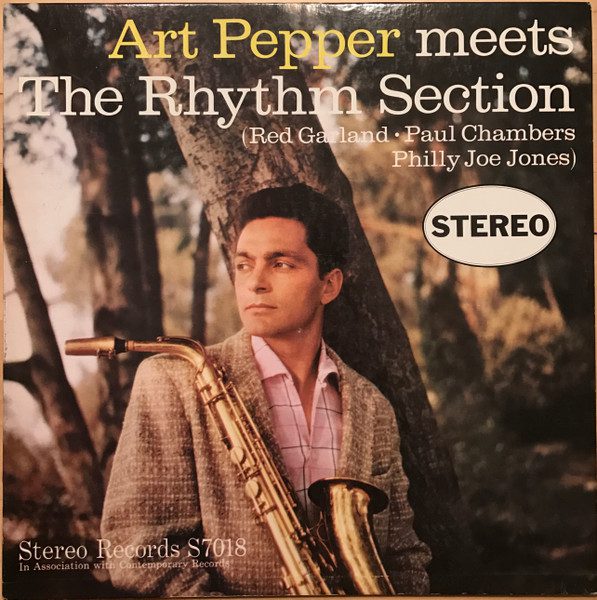
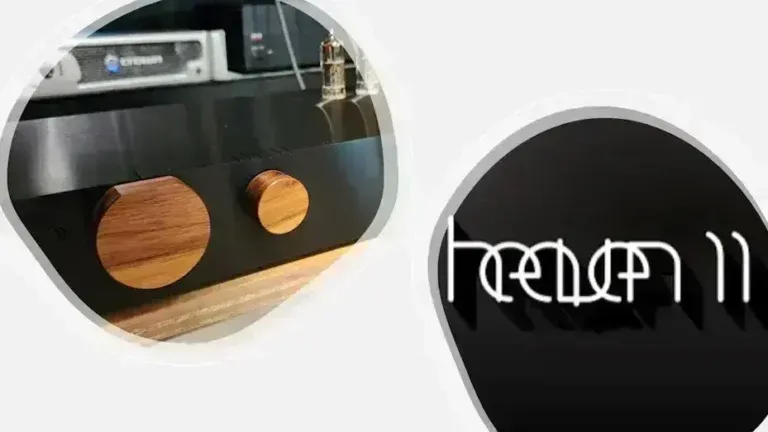
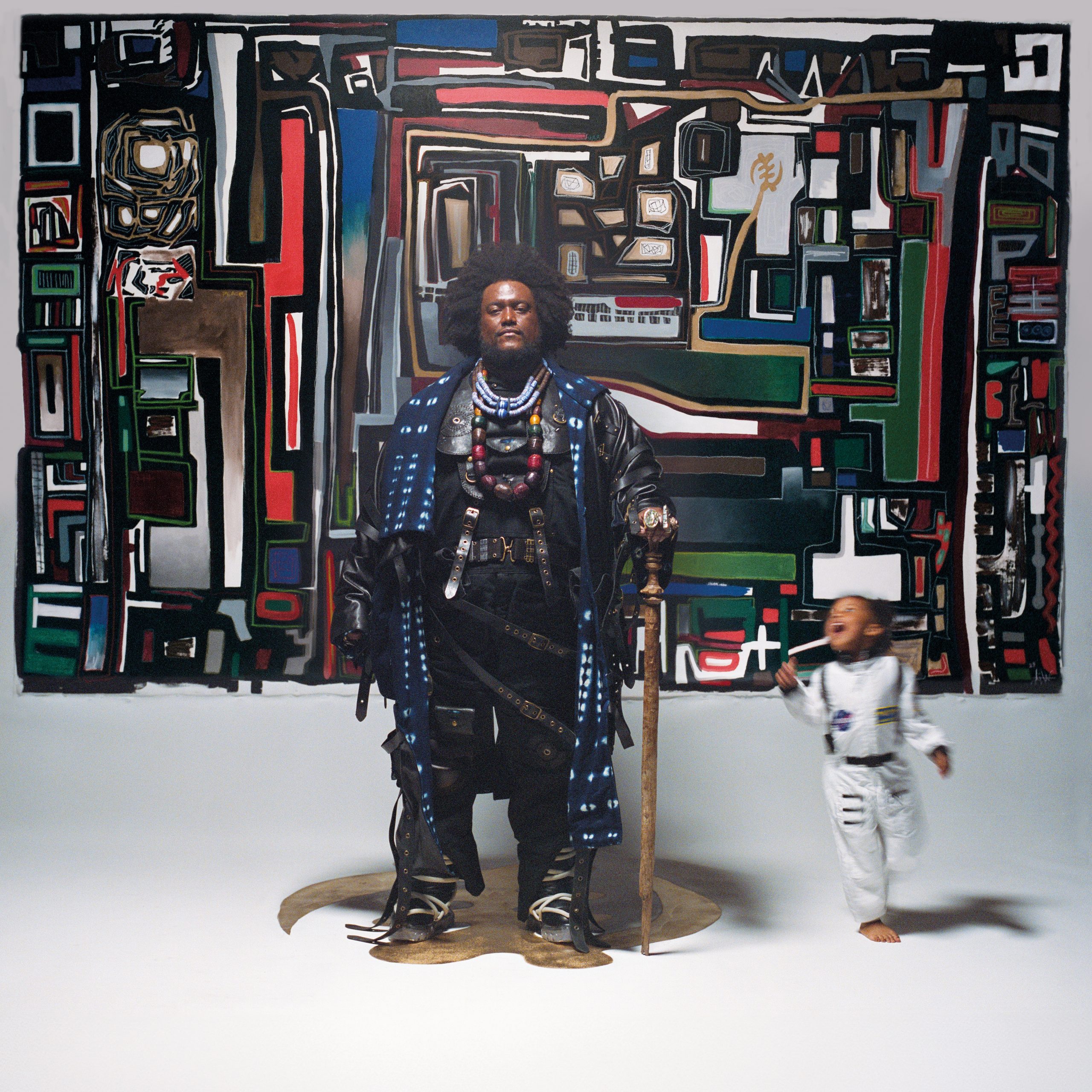
Leave a Reply